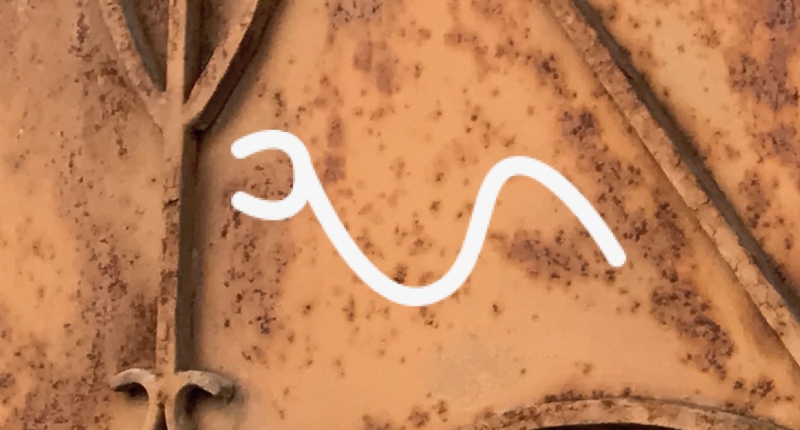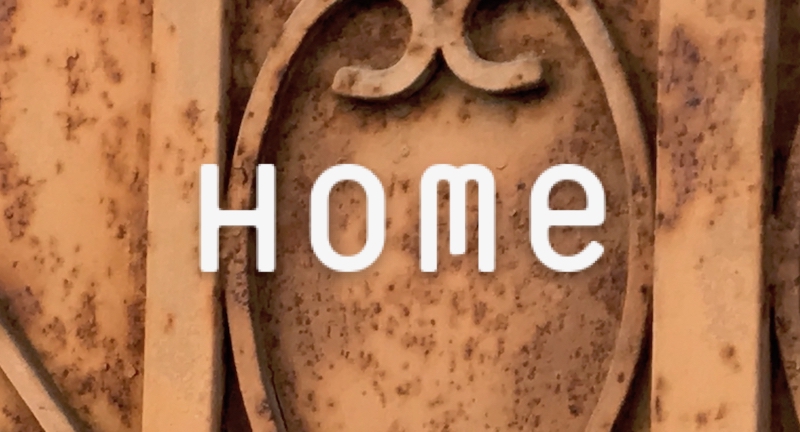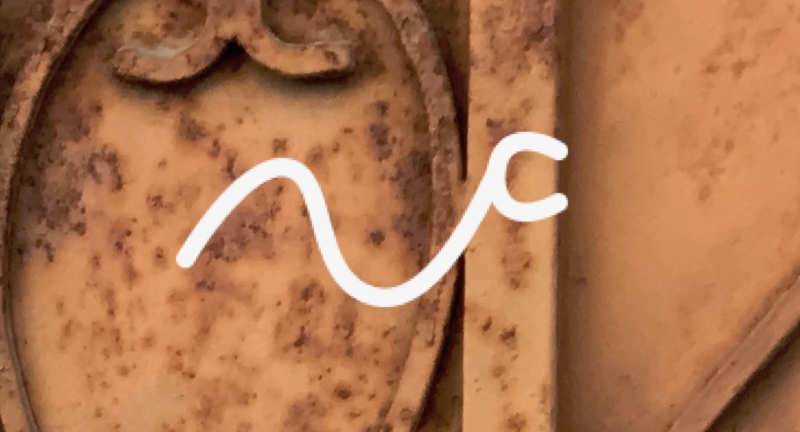A Response to Pat Phaggs' Nuisance Inserts
The ninth issue of the online magazine Datableed is perforated throughout by the work of one “Pat Phaggs”. A little sleuthing reveals Phaggs to be one of several signatures used by an author perhaps better known as Linus Slug, Tommy Peeps, or Mendoza. The poet behind these names (or poets behind them, depending on to what extent one imagines a Pessoa-esque heteronymity at work) should be read with the number nine in mind, since a novenary obsession is evident not only in the onomastically fluid work itself, but in the way that this work reacts to the contexts in which it finds or thrusts itself.
Which brings us back to the ennead in question—a set of tricolour collage poems, each one of which the author has appropriately labelled a “nuisance insert”. Not only are Phaggs et al. enneatropic writers, they are also pathogenic ones, bent on making their particular tropism more communal. Thus the logic of Datableed becomes infected, the name “Pat Phaggs” spreading like a herpetiform lesion throughout the contents page, dividing into nine discrete hyperlinks that stand in stark contradistinction to the self-contained entries of the other contributors. The effect is singularly irritating, eliciting a desire to pick and purge—to contain. But the gambit is also brilliantly inspired, the effrontery entirely justified.
Most of the nine poems included in the sequence foreground their own nineness, not only breaking down into nine lines, but further distinguishing these lines from each other by contrasting their banded, rectilinear whiteness against the reds and blacks of the backdrop. And yet, as if calculatedly, these nuisance inserts continue to annoy at the local level, with several of the poems’ ‘lines’ being further chopped up so as to upset any neat fractalization. Most of the poems also include interpolated texts or images, sites of ancillary reading that sit uneasily as ‘poetry’ (e.g. newspaper cuttings such as “ment [sic] has a sinister plan to run down / the coal industry”). Indeed, even much of the material presented as belonging to the poetry proper is found text, with appropriations ranging from artistic or literary sources, such as Duchamp and Eliot, to more quotidian ones.
The reader is encouraged to check out the brilliantly discombobulating sequence in its entirety. For now, though, a quick gloss on the poem “Nuisance Insert #3: I Used to Believe Everything I Read”. The main text (extracted from its wider visual setting) reads:
WHAT ARE ENCYSTED SMALL REDWORM?
Fungus That Turns Ants Into Zombies
Is More Diabolical Than We
Realized. Mysterious Bodies,
unidentified, are works of great
literature like fractals or crops
rotting in Cornish fields. A toothless
man is found on the rocks at Beadnell.
The u / k has become ungovern.
The sources for almost all of the text in the above poem can be found online in some form or another. The text running from the first line to the full stop in the fourth line is lifted verbatim from two different sources (here and here). The parasitic referents thus infect the signs themselves, meaning that the poem seems to turn into a host for foreign bodies, a potential site of imminent rupture. The proposition that then follows (beginning “Mysterious Bodies”) is the most intoxicating in the poem, evincing a strange beauty which nonetheless tends towards putrefaction. It would probably be ill-advised to elaborate too much on the clash of polyvalences here, to abstract them from their expertly confected gestalt. Suffice it to say that coursing through the sublime and sensationalist content is a concern for the integration and disintegration of bodies at both minute and vast levels of scale. The penultimate proposition further feeds into this concern. Phaggs seems simultaneously to be talking about the body politic, the individual, the migrant in transit, the the migrant worker, the missing or unidentified person, and, perhaps, the very sequence of poems that we are reading. The poem ends with a wildly intransigent piece of grammar: “The u / k has become ungovern”. A brilliant détournement of a November 2017 Guardian headline, Phaggs’ sign-off truncates the adjective into a verb, thereby exposing the indicative mood to the contagion of imperative and subjunctive potentialities. Perhaps such grammatical invention comes closer to approximating and targeting the shame, anomie, and anxiety of our current plight than any journalistic dissection could.
These nine collage poems, broken down (more or less) into nine lines, written by a poet with nine letters in their name should not be mistaken for easy reads. All the same, they are, in my opinion, one of the high points in a magazine that has published copious gems over the past few years. The work of Phaggs et al. is worthy of serious attention.
Colin Lee Marshall lives in Seoul. He edits the straight-to-PDF zine Erotoplasty, and his books Nidors and Nidors (2) are available from Crater Press.



